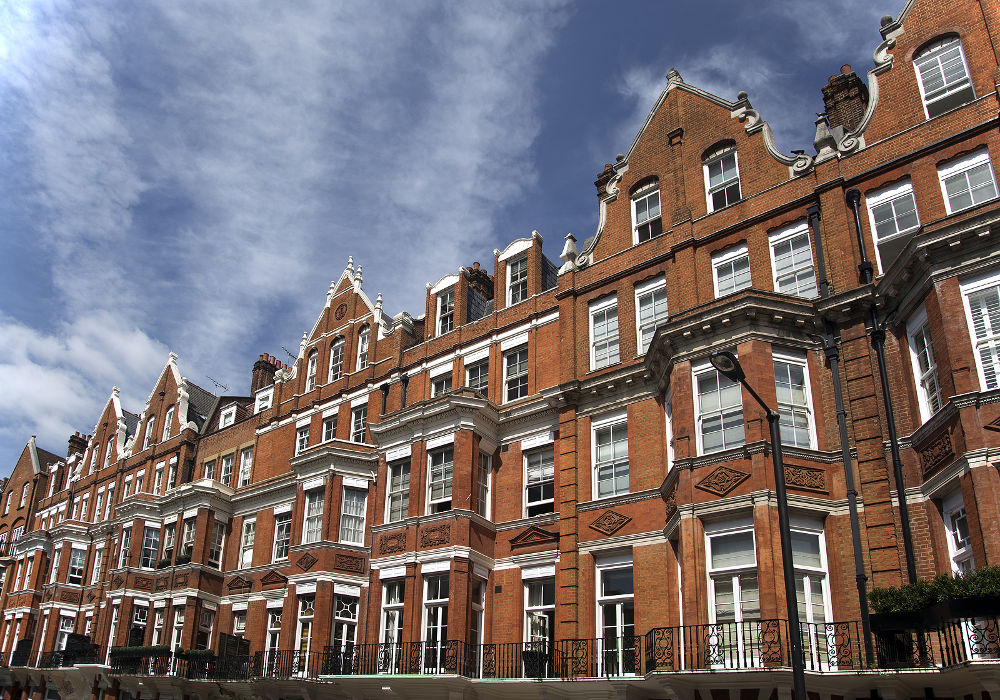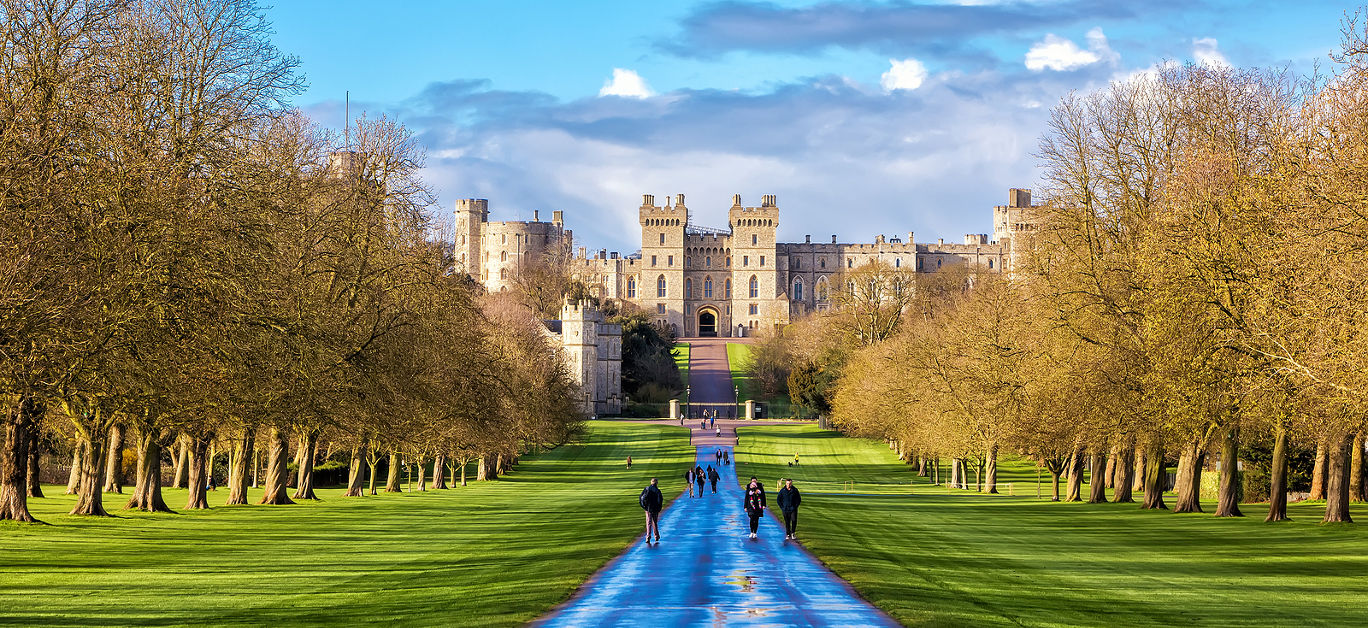Whether you’re drawn to its stunning landscapes, world-class education system, or iconic landmarks and history, moving to the United Kingdom can be an exciting adventure. But before you embark on this new chapter in your life, there are a few key things you need to know and do to ensure a successful transition. From choosing where to live and finding a job to arranging your visa and organising your finances, we’ve got you covered with all the essential information.
Why move to the UK?
The UK, with its rich history and vibrant culture, offers a multitude of reasons to entice people from all over the world to make it their new home. From picturesque countryside landscapes to bustling metropolitan cities, there is something for everyone in this diverse country.
One of the main draws of moving to the UK is undoubtedly its world-renowned education system. Whether you’re looking to pursue higher education or provide your children with top-notch schooling opportunities, the UK boasts some of the finest universities and schools in the world.
For those seeking career growth and professional development, London, often referred to as a global financial hub, presents endless possibilities. With numerous multinational corporations headquartered here and a thriving startup scene, job opportunities are aplenty across various industries.
Aside from career prospects, living in the UK also means immersing yourself in a melting pot of cultures. From savouring traditional fish and chips at local pubs to exploring historical landmarks like Stonehenge or Windsor Castle, there’s no shortage of experiences that will leave you awestruck.
Moreover, being located in close proximity to mainland Europe allows for convenient travel opportunities. You can easily hop on a train or catch a short flight and find yourself exploring iconic cities such as Paris or Rome within hours.

Choosing where to live in the UK
With so many cities and towns to choose from, choosing where to live in the UK can be an exciting yet overwhelming decision, so it’s important to consider your preferences and priorities.
Think about the lifestyle you desire. Do you prefer a bustling city with vibrant nightlife and cultural attractions? London might be the perfect fit for you. If a more relaxed atmosphere is your cup of tea, cities like Edinburgh or Bath could offer a charming setting with rich history.
Next, take into account job opportunities and affordability. Cities such as Manchester or Birmingham are thriving hubs for various industries and have lower living costs compared to London. On the other hand, if money isn’t much of a concern, opting for exclusive areas like Chelsea or Mayfair in London may provide luxurious living options.
Consider proximity to amenities too. Are you someone who enjoys easy access to shops, restaurants, and entertainment venues? Urban centres like Bristol or Brighton would suit you well. However, if picturesque landscapes and outdoor activities are more appealing, exploring countryside locations such as York or Oxfordshire might be worth considering.
Choosing where to live in the UK depends on what matters most to you – whether it’s career prospects, cost of living, urban excitement or natural beauty. Take your time researching different regions before making this significant decision that will shape your experience of relocating to the UK.
Finding a job
With its diverse economy and countless opportunities, you’ll have plenty of options to explore when it comes to finding a job. Whether you’re looking for a corporate position in London or a creative role in Manchester, there are steps you can take to increase your chances of success.
Research the job market and identify industries that align with your skills and interests. This will help you narrow down your search and focus on specific sectors. Utilise online job boards, recruitment agencies, and professional networks to find suitable vacancies.
Tailor your CV and cover letter to each application and highlight relevant experience and skills that make you stand out from other candidates. Networking events and career fairs are also great ways to connect with potential employers. Consider taking additional courses or certifications to enhance your qualifications. This demonstrates commitment and continuous learning, which is highly valued by employers.
Remember that finding a job takes time; be patient but proactive throughout the process. Stay positive, persistent, and open-minded – this will greatly increase your chances of securing employment in the UK.
Arranging your visa
An essential step when moving to the UK is to organise your visa and the type of visa you need will depend on various factors, such as the purpose of your visit and how long you plan to stay.
Determine which visa category suits your situation best – there are several options available, including work visas, study visas, family visas, and tourist visas. Each category has its own specific requirements and application process.
Next, gather all the necessary documents for your visa application. This may include proof of employment or education, financial statements showing that you can support yourself during your stay in the UK, and a valid passport.
Once you have gathered all the required documents, it’s time to submit your visa application. You can do this online or through a Visa Application Centre in your home country. Make sure to carefully follow all instructions provided by the UK Visas and Immigration department when filling out your application form. Any mistakes or missing information could lead to delays or even rejection of your visa.
After submitting your application, be prepared for a waiting period while it is processed. The processing time may vary depending on the type of visa you applied for.

Getting health insurance
Obtaining health insurance in the UK is a crucial step. The healthcare system here, known as the National Health Service (NHS), provides comprehensive medical services to residents and citizens, however, having private health insurance can offer additional benefits and peace of mind.
When considering health insurance options, it’s essential to research different providers and compare their offerings. Look for plans that cover a wide range of services, including specialist consultations, diagnostic tests, hospital stays, and prescription medications.
Additionally, consider whether you want coverage limited to private hospitals or if you would like access to both private and NHS facilities. Some policies may also include extras such as dental care or alternative therapies.
To find the right health insurance policy for your needs, it’s advisable to consult with an insurance broker who specialises in international/healthcare policies. They can help navigate through various options while taking into account your specific requirements and budget.
Finding a luxurious place to live
With so many beautiful cities and neighbourhoods to choose from, it’s important to do your research and find the perfect location that suits your lifestyle.
When searching for your dream home, consider factors like proximity to amenities, transportation links, and safety ratings. Additionally, think about what type of property best fits your needs – whether it’s a spacious penthouse overlooking the city skyline or an expansive countryside estate.
Working with a reputable real estate agent specialising in luxury properties can also make the process smoother. They have access to exclusive listings and can provide valuable insights into each area’s housing market.
Remember that finding a luxurious place to live is not just about the physical space but also about creating an environment that enhances your overall well-being. Take time to envision how you see yourself thriving within these surroundings – whether it’s enjoying morning walks by the river or hosting dinner parties in your elegant dining room.

Moving your belongings
Moving your luxury belongings toy our new abode can be a daunting task, but with proper planning and preparation, you can ensure that everything arrives safely at your new home in the UK. Here are some tips to make the process smooth and stress-free.
It’s essential to create an inventory of all your items. This will help you keep track of what needs to be moved and ensure nothing gets left behind. Take photographs of each item for documentation purposes, especially if they hold sentimental or monetary value.
Next, consider hiring professional movers who specialise in handling high-end furniture and delicate objects. They have the expertise and equipment required to pack and transport your belongings with utmost care. When it comes to packing, use quality materials such as bubble wrap, foam padding, and sturdy boxes designed specifically for fragile items. Label each box clearly so that movers know how to handle them during transit.
If you have valuable artwork or antiques, consult experts on how best to protect them during transportation. Consider investing in custom-built crates or temperature-controlled storage options if needed.
Insurance is another crucial aspect when moving high value items. Ensure that your belongings are adequately insured against damage or loss during transportation by verifying coverage with your moving company or obtaining separate insurance if necessary.
Taking care of your finances
It’s essential to familiarise yourself with the UK banking system, so be sure to research various banks and their services to find one that suits your needs. Open a bank account as soon as possible, as this will make managing your finances much easier. Next, set up online banking and utilise mobile apps for convenient access to your accounts. This allows you to track your spending, pay bills, and transfer money easily.
Consider consulting with a financial advisor who specialises in international relocations. They can provide guidance on tax implications, investments opportunities or any other financial matters specific to the UK.
Lastly, but importantly, get acquainted with local tax laws so you understand what taxes may apply to you while living in the UK. This will help ensure compliance with regulations and avoid any unexpected surprises down the line.

Settling in to UK life
Now that you have taken care of all the necessary preparations, it’s time to focus on settling into your new life in the UK. Here are a few tips to help you make the transition smoother and more enjoyable.
1. Embrace the culture
The UK is known for its rich history, diverse traditions, and unique customs. Take this opportunity to immerse yourself in British culture by visiting museums, trying traditional food, attending local festivals, and exploring historical sites. Engage with locals and learn about their way of life – it’s a great way to feel more connected to your new home.
2. Make new friends
Moving to a new country can be daunting at first, but don’t worry! There are plenty of ways to meet people and build a social network. Join clubs or organisations that align with your interests or hobbies – whether it’s sports teams, book clubs, or volunteer groups – these communities will not only provide companionship, but also expose you to different aspects of UK life.
3. Explore your surroundings
The UK boasts stunning landscapes ranging from picturesque countryside villages to bustling cities brimming with history and cultural landmarks. Take advantage of weekends or holidays by traveling around the country; each region has its own charm waiting for you to discover.
4. Stay connected with family and friends back home
While immersing yourself in your new surroundings is important, maintaining connections with loved ones from back home is equally crucial for emotional support during this transition period.
5. Keep learning
Learning doesn’t stop after leaving school! Continue expanding your knowledge by enrolling in language classes if English isn’t your first language or taking up courses related to your field of interest within the vibrant academic scene in the UK.
6. Embrace challenges as opportunities
Moving abroad comes with its fair share of challenges – adapting to a different climate, adjusting work routines or even understanding local slang may take some time. Instead of viewing these hurdles negatively, try to see them as opportunities for personal growth and learning.






















